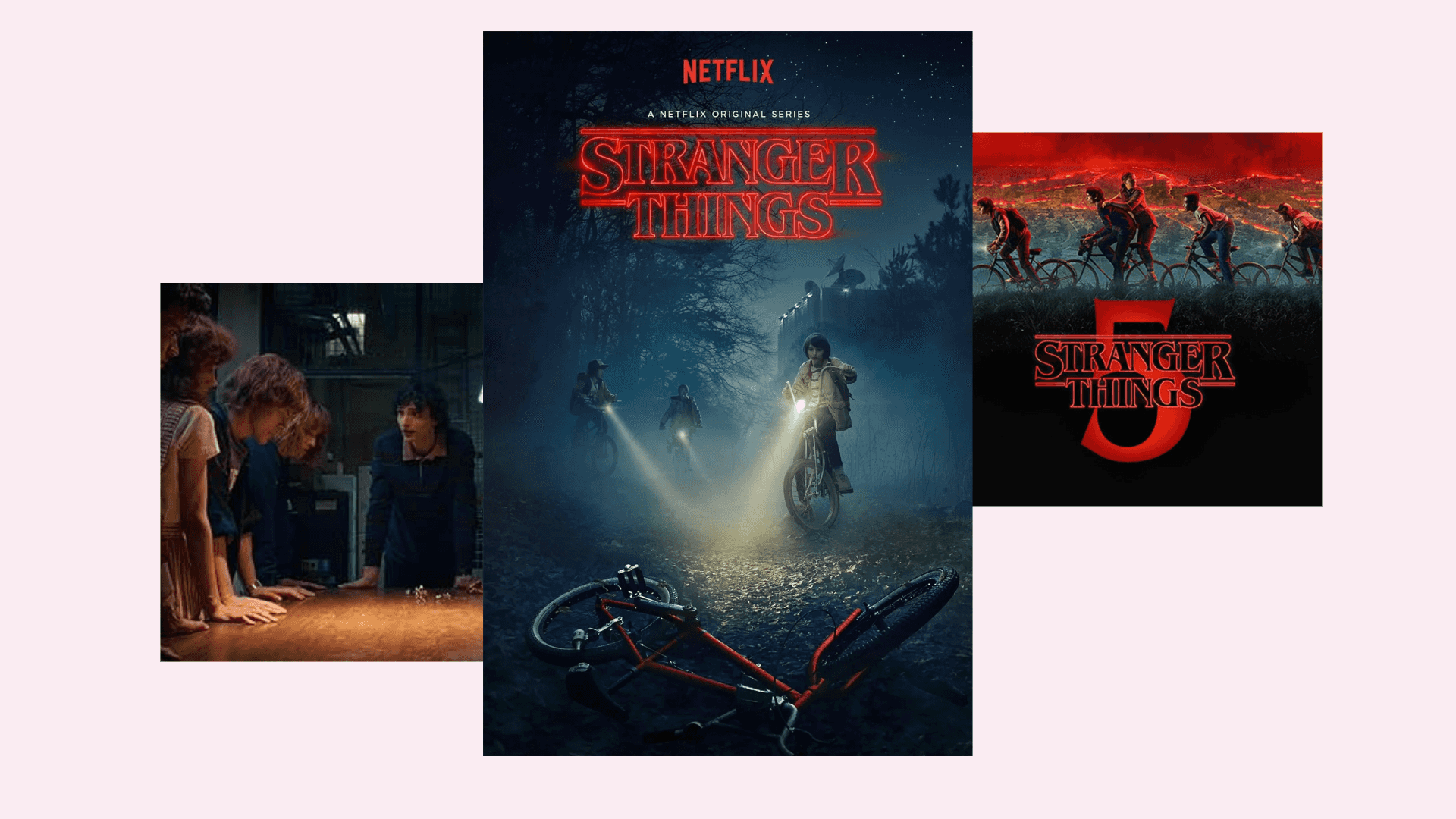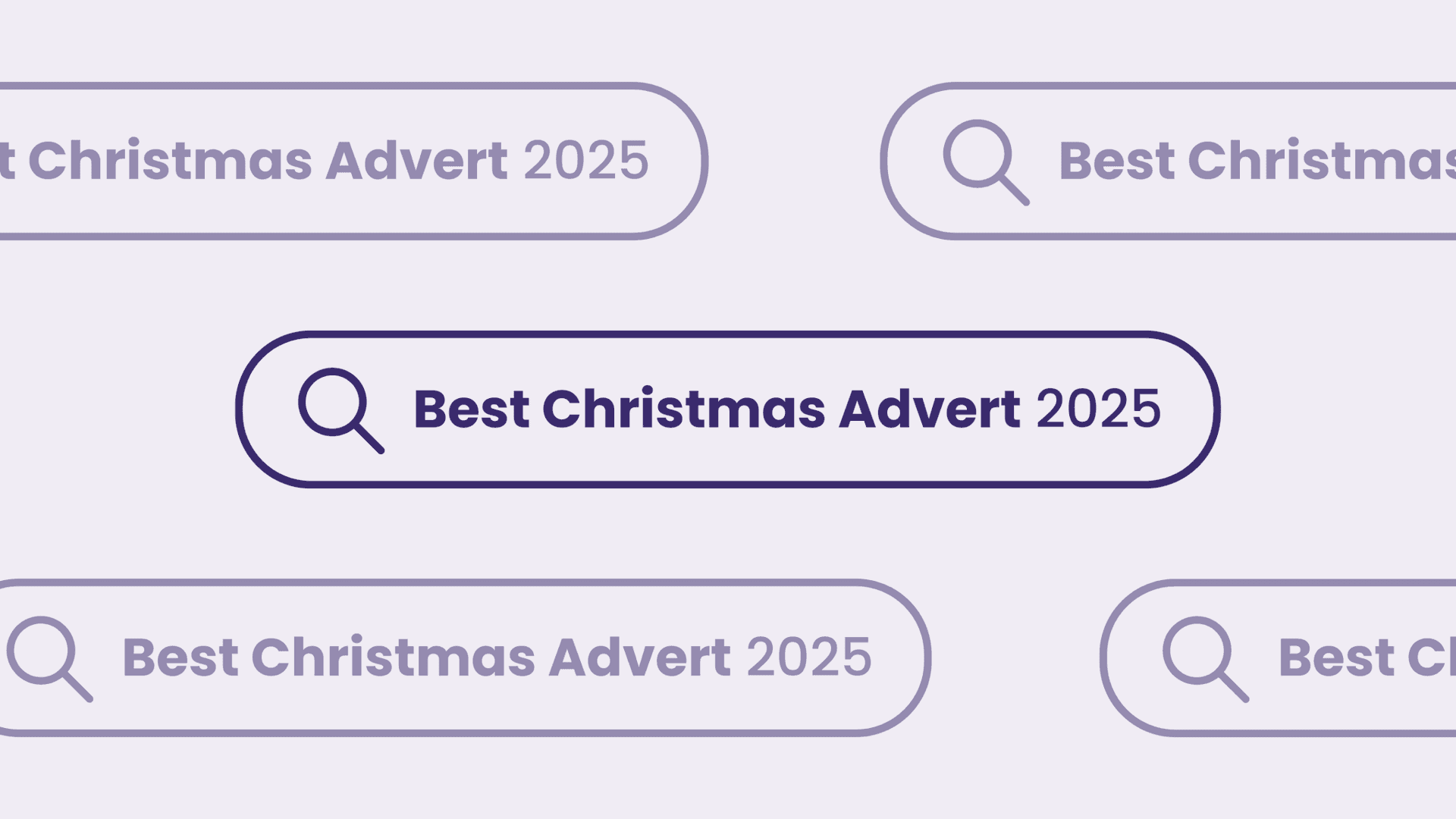
5 Techniques For Researching Blog Topics
Written by Daniel
Our content marketing expert, Daniel, shares his top five techniques for researching blog topics. For more videos like this why not subscribe to the Flaunt Digital YouTube channel?
See below for the full video transcription.
VIDEO TRANSCRIPTION:
Hi guys, how’s it going? My name’s Daniel; I’m the Inbound Marketing Executive at Flaunt Digital. Here are five things to consider when researching blog topics.
FAQs
So, number one is just asking your team for any frequently asked questions. So obviously, I’m sure you’ll already have some idea of the topics that you want to write about but asking different members of your team, especially people from different departments, some of the questions that customers ask them quite often. It’s just a great way of being able to get an accurate reflection of what your customers want to know about and what some of your potential customers might want to know about.
Target Personas
The second technique that I’m going to talk to you about today for researching blog topics is using something called target personas. So what target personas are…by definition, they’re just a semi-fictional representation of your ideal customer. So what this really means…it’s just a depiction of your target audience.
So, if you spend some time putting together some buyer personas, maybe planning out some of their different interests, the demographics of your target audience, your ideal customer, and then using the information that you’ve actually gained from your target personas just to source your blog content. So for example, you might have a target persona called Digital Marketing Manager Dave. He might be a 30-year-old Digital Marketing Manager who likes coffee, who watches football and who likes to read Forbes online in his spare time.
So, what you can do with this information, you might see that the World Cup’s on at the moment, obviously if Digital Marketing Manager Dave is a football fan, then he’s probably going to be watching that, so why not put some content together around it? It doesn’t need to be directly related to your business. If your audience is going to read it, then that’s traffic coming to your website and at the end of the day if people are visiting your website, then they’ve got a higher chance of converting as well. And obviously, if you’re not comfortable with writing about something that isn’t completely to do with your business, like the World Cup, then you can go through all the other information that you’ve got from your target persona and pull out something else that might be relevant to them.
Twitter Lists
So, the third technique that I’m going to be talking about today is something called Twitter lists. So I know we’ve talked about these quite a lot before, particularly in the context of writing social media content, but you can use these to source your blog content as well. So if you’ve already got some Twitter lists set up, then it’s perfect. You should really be making the most of these for your blog content. Just literally go into your Twitter lists. Maybe you’ve got one for content marketing. Just scroll through that, chances are you’ll see at least 20% of the tweets will be to do with blog content or news articles or something like that.
So, you might see that someone’s done a blog on ‘five techniques for researching blog topics’; why not take that and give your own spin on it? So for example, you could talk about some of those techniques in more detail. Maybe you’ve seen that they’ve mentioned target personas, maybe you could put together a blog specifically on how to create a target persona. But yeah, using Twitter lists, and Twitter in general just for content inspiration…it really is a great source.
LinkedIn Groups
So, the fourth thing that I’m going to be talking about today, and another really, really useful research technique is LinkedIn groups. If you’re on LinkedIn, then chances are you’re already going to be a member of some groups, but for this technique you want to be trying to get into groups that your target audience is a part of already. And then once you’ve been accepted into the groups, chances are you’re probably not going to be accepted into all of them, especially if you don’t actually fit the demographic yourself. But once you have got into these groups, you can just go into them, have a look at some of the conversations that people are having, some of the articles that people are sharing, and again, just use that to inspire your own content. It’s as simple as that.
Keywords
Okay, so the last technique that I’m going to be talking to you about today, number five, is using keywords. So if you have access to a keyword research tool, for example, AWR Cloud or the HubSpot tool as well, then you can use this to just have a look at some of the keywords that you’re close to ranking for, some of the keywords that you’re already ranking for, and maybe some of the keywords that you’re nowhere near ranking for but you would like to be ranking for that. And yeah, just again, just use these keywords as inspiration for your blog content.
So, maybe you realize that you’re almost ranking on page one for the keyword “Web Development Agency Leeds.” So from here you can put together a blog on maybe ‘top five web development tools’ that you use, ‘how to use Magento’, anything really, whatever you can think of. But yeah, this can be a really great technique, especially from a strategic point of view. Because obviously, you know that, if you get your content right, then it’s going to be optimizing your position in the search rankings for the keywords that you want to be ranking for.
So, yeah, that’s it, my five techniques for researching blog topics. If you like this and you’d like to find out more about maybe how to actually start writing a blog properly, then why not visit the Flaunt Digital blog? We recently wrote a blog on how to put together a blog content calendar and that’s also got some really useful tips and insights that you might find valuable.
So, yeah. I hope you found this useful. Let me know your thoughts in the comments or send us a message on Twitter, Instagram. We’re @FlauntDigital everywhere. So yeah, thanks a lot. See you later.





